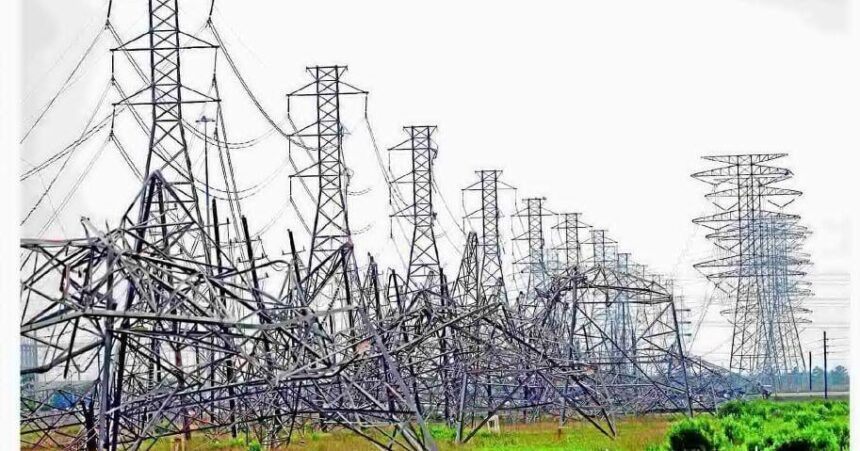Learn how to stay cool and safe at home during summer power outages when fans and air conditioners are not an option. Emergency response and medical experts offer their advice.
To prevent overheating, make sure to stay hydrated. Stock up on bottled water if there is no water supply at home during a power outage.
Avoid exertion, especially during the hottest part of the day, and stay in the shade when outdoors to stay cool. Wetting clothing with water or spraying your skin with water can help cool the body when it’s hot, according to Zachary McKenna from the University of Texas Southwestern.
Explore more articles…
Older people can benefit from these strategies as their bodies produce less sweat with age, McKenna added.
Open windows during the day if the indoor temperature is warmer than outside to increase airflow, but keep curtains closed if windows receive direct sunlight. At night, open windows to let cooler air in.
If the power goes out, food in the refrigerator can stay cold for about four hours, while food in the freezer can last up to two days, according to FEMA guidelines. Transfer food to a cooler with ice packs to maintain a temperature below 40 degrees Fahrenheit.
Seek out nonperishable foods that don’t require refrigeration and use camp stoves or charcoal barbecues outside to cook. Keep phones and devices charged by using solar-powered chargers or charging in your car.
Generators can be used as a power source during outages, but use them outdoors and at a safe distance from buildings to prevent carbon monoxide poisoning. Always install battery-powered carbon monoxide alarms when using generators indoors.
Make sure to unplug electronics to avoid damage from electrical surges, use battery-powered lighting instead of candles, and check in on vulnerable individuals during power outages, McKenna recommends.





